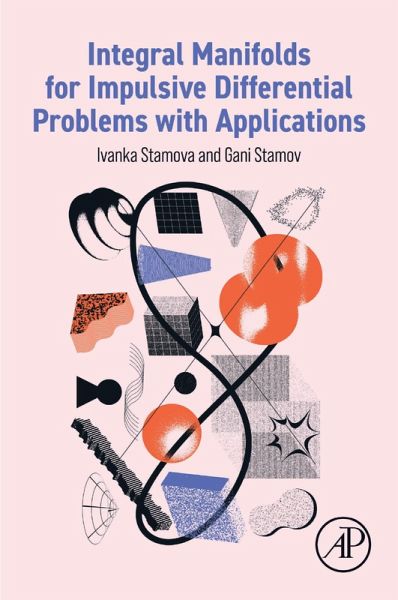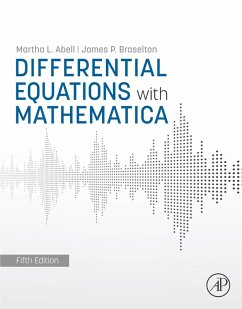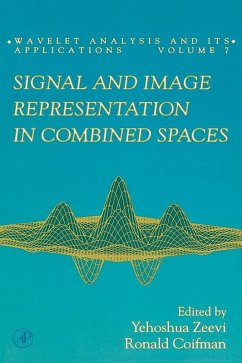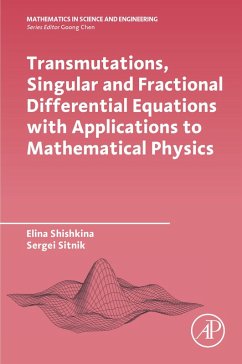
Integral Manifolds for Impulsive Differential Problems with Applications (eBook, ePUB)

PAYBACK Punkte
61 °P sammeln!
Integral Manifolds for Impulsive Differential Problems with Applications offers readers a comprehensive resource on integral manifolds for different classes of differential equations which will be of prime importance to researchers in applied mathematics, engineering, and physics. The book offers a highly application-oriented approach, reviewing the qualitative properties of integral manifolds which have significant practical applications in emerging areas such as optimal control, biology, mechanics, medicine, biotechnologies, electronics, and economics. For applied scientists, this will be an...
Integral Manifolds for Impulsive Differential Problems with Applications offers readers a comprehensive resource on integral manifolds for different classes of differential equations which will be of prime importance to researchers in applied mathematics, engineering, and physics. The book offers a highly application-oriented approach, reviewing the qualitative properties of integral manifolds which have significant practical applications in emerging areas such as optimal control, biology, mechanics, medicine, biotechnologies, electronics, and economics. For applied scientists, this will be an important introduction to the qualitative theory of impulsive and fractional equations which will be key in their initial steps towards adopting results and methods in their research. - Offers a comprehensive resource of qualitative results for integral manifolds related to different classes of impulsive differential equations, delayed differential equations and fractional differential equations - Presents the manifestations of different constructive methods, by demonstrating how these effective techniques can be applied to investigate qualitative properties of integral manifolds - Discusses applications to neural networks, fractional biological models, models in population dynamics, and models in economics of diverse fields
Dieser Download kann aus rechtlichen Gründen nur mit Rechnungsadresse in A, B, BG, CY, CZ, D, DK, EW, E, FIN, F, GR, HR, H, IRL, I, LT, L, LR, M, NL, PL, P, R, S, SLO, SK ausgeliefert werden.













